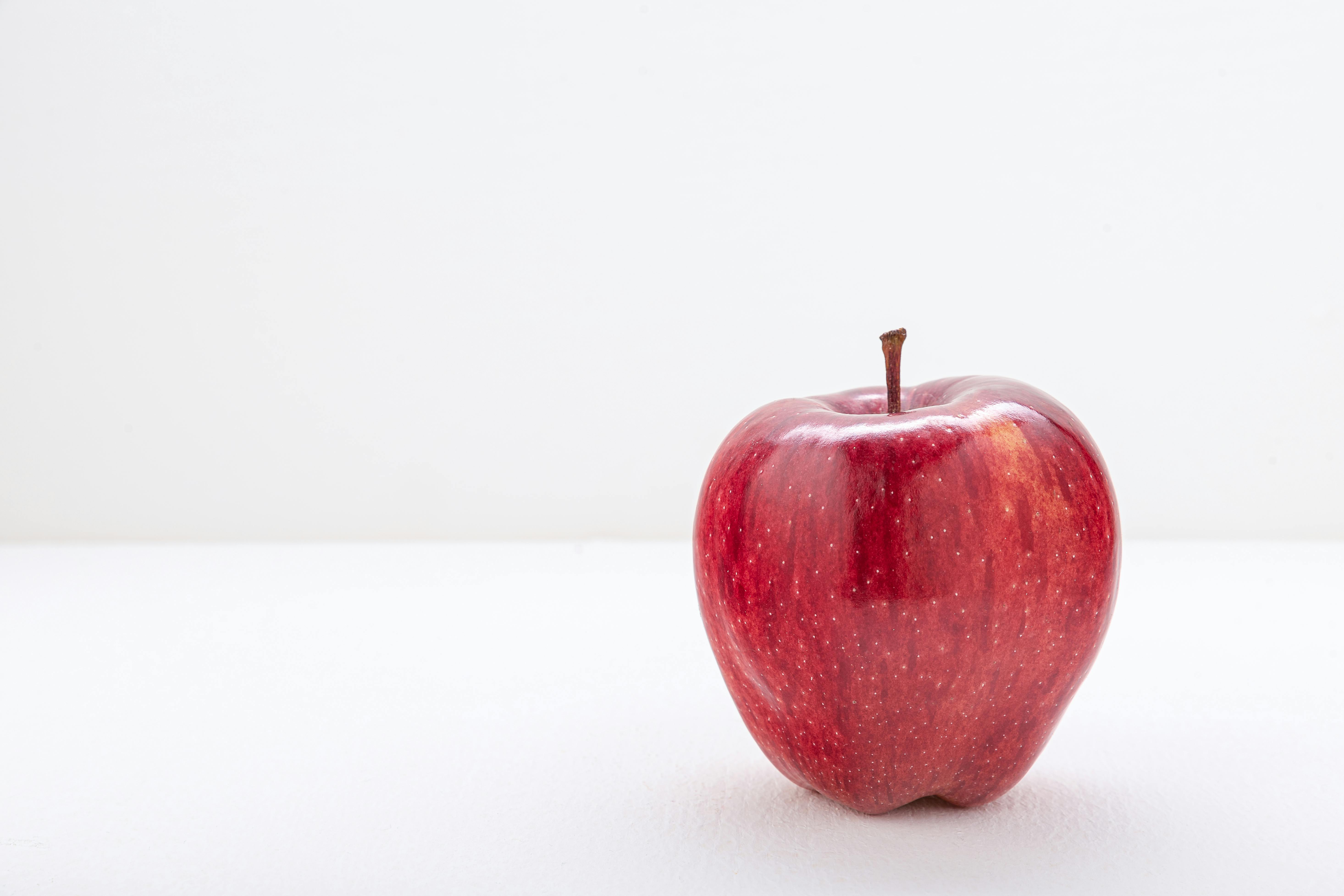Apply Now
Top 5 Ways to Optimize Onions in Your Low-Carb Diet
Incorporating onions into your low-carb diet can bring a wealth of flavor and nutrition without significantly impacting your carbohydrate intake. Onions are often celebrated not just for their sharp, sweet flavors but also for their impressive health benefits, which include antioxidants, vitamins, minerals, and dietary fiber. But how do you optimize your onion consumption to align with your dietary restrictions? This article explores the types of onions, their nutritional content, and creative ways to incorporate them into your meals while maintaining a low-carb lifestyle.
Now, let's dive into the nutritional aspects of onions, and how they can enhance your diet positively.
Understanding Onions and Their Nutritional Content
Onions are a fantastic addition to many meals, but understanding their carbohydrate content is key for anyone on a low-carb diet. Most types of onions, including yellow, red, and sweet onions, contain about 9-10 grams of carbohydrates per 100 grams, which translates to roughly 3-4 grams of net carbs after accounting for fiber.
Carbohydrates in onions mainly come from dietary fiber, which aids digestion and helps regulate blood sugar levels. Each onion serving is a rich source of vitamins such as vitamin C, B6, and antioxidants, contributing to the overall nutritional profile. Therefore, understanding the calorie content of onions—around 40 calories per 100 grams—helps in crafting a balanced diet.
In your low-carb diet, focus on varying your onion types. Choosing options like green onions or shallots can provide additional flavor with fewer carbs.
Health Benefits of Onions
One of the most remarkable features of onions is their extensive health benefits. Rich in antioxidants and compounds like quercetin, onions can support immune function and provide anti-inflammatory properties. Their dietary fiber content contributes to improved digestion and may aid in weight management.
Moreover, onions have a moderate glycemic index, which means they can have a more gradual impact on blood sugar levels, making them a suitable choice for those managing diabetes. Including onions in your diet can also support cardiovascular health by improving cholesterol levels.
Best Onion Recipes for a Low-Carb Diet
Crafting delicious meals that feature onions can keep your low-carb options exciting. Here are some top recipe ideas:
1. **Grilled Onions:** Slice onions thickly, season with minimal spices and grill until caramelized. Their natural sugars will enhance the flavor without adding many carbs.
2. **Onion Soup:** Use broth and a mix of onions to create a flavorful soup. This dish is not only hearty but also low in carbs when prepared without bread.
3. **Raw Onion Salad:** Combine fresh onions with your choice of low-carb vegetables for a refreshing salad packed with nutrients.
Each of these recipes can be customized with proteins to ensure you have a well-rounded meal while keeping carbs low.
Onion Storage Tips to Maximize Freshness
To ensure you get the most out of your onions, proper storage is vital. Store onions in a cool, dry place, such as a pantry or cupboard, away from other produce, as they can spoil faster in moist environments. Do not refrigerate raw onions, as it can cause them to become rubbery.
When dealing with cut onions, always store them in a tightly sealed container in the refrigerator to maintain freshness. Utilizing onion skins can also add flavor to broths and stocks while enhancing the antioxidant content.
Final Thoughts: Nourishing Your Low-Carb Diet with Onions
Integrating onions into your low-carb diet not only adds a burst of flavor to your dishes but also contributes valuable nutrients without overwhelming your carbohydrate limits. Knowing the carbohydrate content in onions allows you to enjoy this versatile vegetable guilt-free.
Experiment with different varieties of onions—such as sweet, red, and green onions—to discover your favorites, and use our cooking tips to make the most of their unique flavor profiles.
For more recipes and tips on cooking with vegetables, check out our detailed guides on [healthy eating tips](https://example.com) and [vegetable recipes](https://example.com).
Its part of generated content. Can i generate another part?

